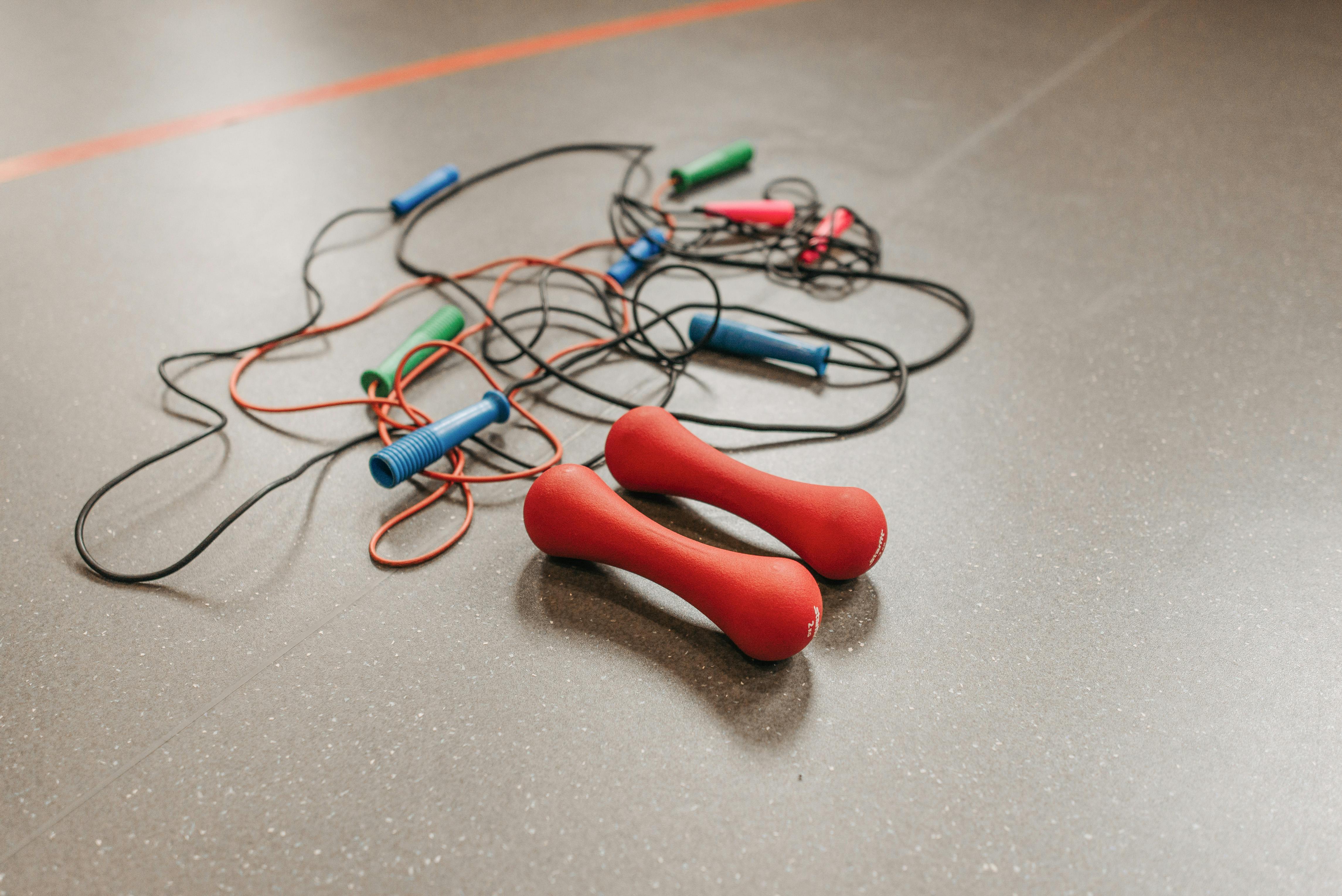
The Calcutta Auction: Not Another Group of March Madness
If you’re a serious sports fan, pretty serious gamer, or work in some aspect of high finance, you may have heard your friends or coworkers kicking around the term “Calcutta auction,” especially if you’re anywhere near ” March madness. time (I first came across the Calcutta auction during my years as an electronic banking analyst). What the hell are they talking about, you ask? In a nutshell, a Calcutta auction is any auction that takes place in the Indian city of Calcutta. It’s a prank! (well, sort of, because technically that IS a correct definition). In the world of sports betting, Calcutta auctions generally refer to a pool of bets where participants “buy” equipment (players, horses, etc.) in an auction format (I don’t condone real money betting. The capital in this article refers to imaginary funds, or “points”). The easiest way to describe and understand this is to look at the most common example today: the men’s college basketball tournament. Here is a very brief overview:
1. The time and place of the auction is selected.
2. Since there are 64 teams (I know, I know… 65 with the play-in game), there will be 64 teams up for auction
3. Teams go to auction in random order
4. Participants begin bidding on the equipment currently in the auction block. For a participant to “own” a given team, he must be the highest bidder at the end of the bidding round.
5. There is no limit on the amount of equipment a bidder can purchase
6. The number of games a team wins in the tournament determines the percentage of the pot the owner receives (early round wins are worth a much smaller percentage of the total pot than later round wins)
That’s basically it for the semantics of the auction. Sounds simple, right? Well, in theory it is, but in reality, however, Calcutta auctions are very complex and involve a lot of valuation work (which is why they are so popular with investment bankers, hedge fund analysts, P. /E, lawyers and any other person involved in evaluation work). If a Calcutta-style auction sounds interesting to you, read on.
A detailed overview of Kolkata auctions
Now that you know the basics of a Calcutta auction, let’s dig a little deeper. I will present this example using a Calcutta men’s college basketball once again (note that this information is applicable to any other sport… professional football is also a fairly common Calcutta format).
So, word has spread that a Calcutta men’s college basketball is being formed in your office/school/group of friends. If he’s interested in participating, the first thing he’ll need to figure out is how big the group size needs to be (or if he’s organizing, how big he wants it to be). Estimating the total size of the group is a critical component to being successful in Calcutta. You don’t want to spend most of your capital on one team, only to find that team accounts for 50% of the total pot. You’ll also want to determine the payout percentage of each win in a given round.
For example, if a team you own wins a first round game, it may be worth only 0.5% of the total pot. If they go on to win the championship, that final win can be worth, say, 10% of the pot. It is VERY IMPORTANT to understand that the total amount you spend on your equipment is not an accurate representation of your capital at risk. This is because the only way you could lose 100% of your capital is if NONE of your teams win a single game, which, if you do your homework, is an incredibly unlikely scenario. If you’re willing to lose a certain amount, you should be willing to spend a decent amount more than that on your equipment.
Your next, and most important, step is to do some research on the equipment you’re bidding on. How people approach this step varies greatly. Some people rely on a “hunch.” Others go with team loyalty, for example I went to School X, therefore I HAVE to own or love the team mascot and want to cheer on their team. The last group of people, and generally the most successful, perform sophisticated statistical analysis using complex Excel models. The latter group is able to approach the auction as objectively as possible, as they aspire to attribute “fair” values to the teams. This is the approach I take and it has proven quite successful. Now that you’ve determined which teams you’d like to own, it’s time for the auction.
The auction is usually held in person at a set time and place. The auction rules should be clearly explained in advance (eg how to signal that you wish to bid, how long after the last bid you consider the bid closed, etc.) to avoid any conflicts. Each kit will be auctioned off until all are sold (in some auctions, all 13-16 seeds are packaged as one kit). Let’s say you win the teams you wanted. Now what?
Once the auction is over and you have your equipment, most of the hard work is over, but the fun is just beginning. This is what owning a professional sports team must feel like! You’ll be supporting the teams you own harder than the school you graduated from (or currently attend, as the case may be). It’s great! You’ll also find yourself updating your cumulative earnings and trying to figure out how many more earnings you need to break even.
If you participate once, you will certainly be hooked!